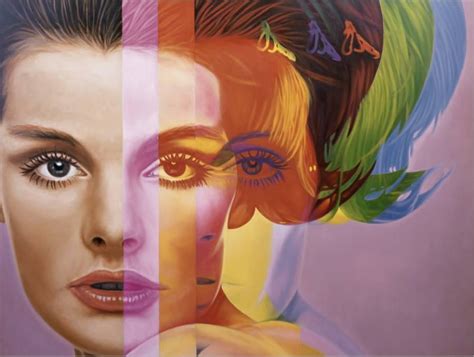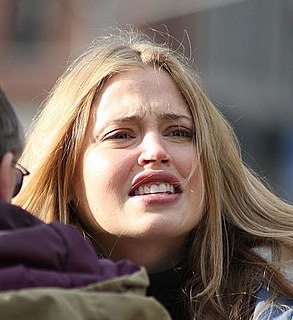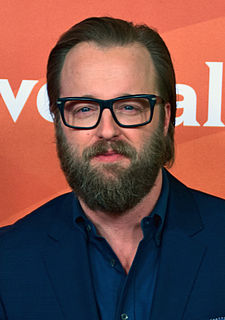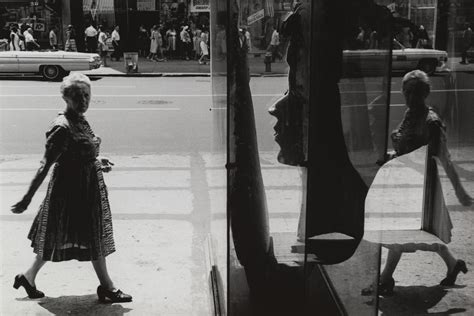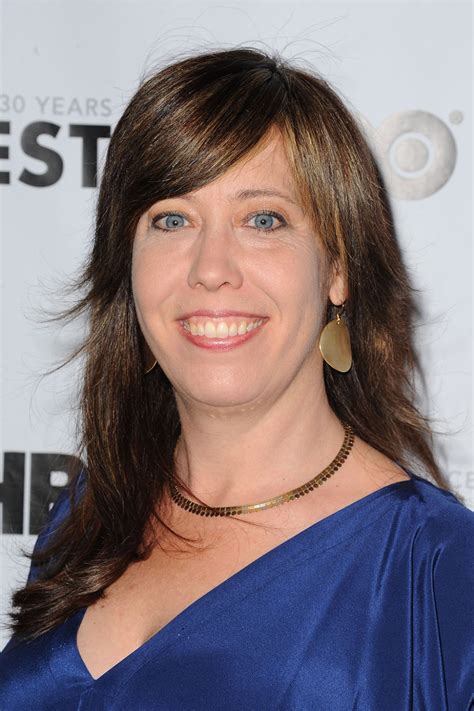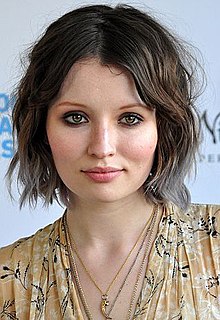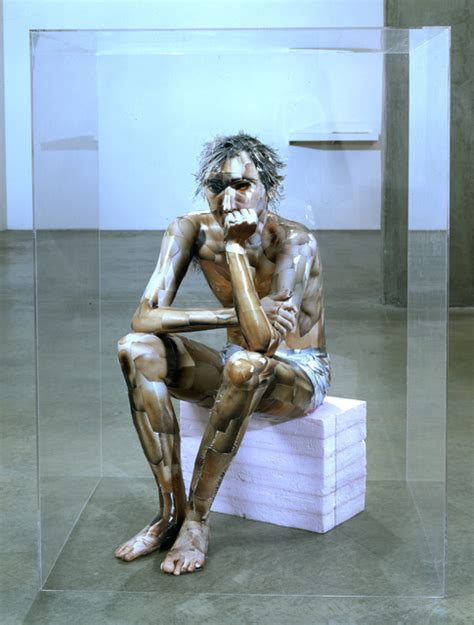A Quote by Todd Haynes
All actors are protecting something, in their own way, that happens in front of a camera.
Related Quotes
I really trust the authenticity of real people and my job is to get them to be themselves in front of the camera. Often what happens is, you'll get a newcomer in front of the camera and they'll freeze up or they imitate actors or other performances that they've admired and so they stop becoming themselves. And so my job as the director is just to always return them to what I first saw in them, which was simply an uncensored human being.
I ask my assistants if they're retarded all the time. When the camera is on you, of course, actors have the ability to make it real. For me, if I'm not talking, it is a problem. I have so much more respect for actors after being in front of the camera, and I realize that the hardest part is when you're not talking. Listening is harder than just acting. Listening is the hardest part.
[In comedy] you never want to leave the actors hanging out to dry. So you need to come up with funny individual stories for each character, and then you do this sort of comedy geometry, weaving them together. Once you've got a funny structure and you know why the scenes are funny, then you get super funny people to say your own lines, say their own lines, say things in their own way, and every scene is a live rewrite in front of the camera.
If somebody actually just walks up to you and says, ‘Hey, do you want to do something out of the ordinary?’ there might be a little reluctance at first. But deep down, you want to do it. It’s adventure. That’s what brings people in front of the camera. I also feel that when you’re in your own environment that’s where you experiment, where you do all kinds of crazy stuff. So I thought, ‘Okay, let’s just see what happens if I allow that to unfold.’
I'm always going to hear people make that connection and I've just accepted it. It's alright. I'm just happy that I get to do my own thing now. I learned a lot from the show [the Voice] as far as being in the TV world and being in front of the camera, which is really great because I'm not as nervous in front of the camera as I was before.


